Indie authors are in a unique position to mold and develop their brand at their own pace and in their own way, but just because you have more flexibility than a traditionally published author doesn’t mean you don’t have to be careful, and you need to be aware of how easily things can go off the rails.
The IHOP Effect
There’s a lot being written about IHOP as a viral marketing success story, and in many ways, that’s true. They wanted to cause a stir, and they definitely did that.
Because they’re so big and because they have such a long history they’ll likely survive this foray into the burger market, but that doesn’t mean they’re not a great example to use as a cautionary tale – and how it relates to your branding as an indie author.
IHOP’s whiplash change up is similar to the biggest mistake I see indie authors making when it comes to establishing or growing their brand, and that’s not knowing why people are coming to them – or what for. And no, the answer isn’t simply: books.
IHOP’s two-footed jump into the burger market was the marketing version of spraying ketchup and mustard all over their pancake lovers’ short stacks. Meaning, this latest marketing stunt totally alienated their core, breakfast-loving clientele.
Now again, I understand this was a ‘test’ to get folks talking, and we sure did talk — but mostly the discussion centered around what a dumb move this was, and how we can get a good burger at a number of different places.
So when is buzz not a good thing? Well, not when you start making assumptions that your followers will “follow you anywhere” — because they won’t, and I see authors doing this all the time.
Don’t Sell a Cat to a Dog Person
If you are a business book author and decide that you want to venture into the indie author romance market – your readers won’t follow you. I promise.
This applies to less extreme transitions too, so don’t get cocky. I’ve worked with indie authors who write historical fiction that venture into romantic suspense with equally disheartening results.
And where this gets really tricky, and often misleading for a lot of indie authors, is your current fans and followers may support you with lots of social media love and cheers of encouragement, but I can tell you right now, that doesn’t translate to sales.
I heard a fabulous indie author at Romance Writers of America refer to this as trying to sell a cat to a dog person. And that’s one of the simplest yet most brilliant marketing tips I’ve ever heard.
Success Doesn’t Always Translate
Another branding pitfall indie authors run into is assuming their fans and followers from another aspect of their lives will automatically translate to book buyers. Also not true.
I talk to a lot of savvy, successful business people who want to write books, they want to enter the indie author market to expand their business or maybe it’s just always a dream they’ve had – and this is awesome, I fully support this. But they usually aren’t prepared to start their book promotion from the ground up.
They assume because they have a successful business with a big newsletter, or active social media, or dedicated clientele, that all those people will buy their books and they can skip the initial steps indie authors have to take on their road to success. Not accurate.
Again, support does not translate to sales.
Branding Eludes You Completely
Last but not least, and one could say IHOP had a moment of this, some indie authors simply don’t know what their brand is — and usually it’s because they don’t fully understand who their buyer market is and what really piques their interest. Pancakes versus burgers.
Too many spend a lot of time sending a confusing message to their audience, or just a weak message, which wastes a lot of book marketing muscle.
An indie author I’ve worked with in the past released a romance series that was partially set in Belgium and she insisted that her readers would love seeing pictures of how lovely Belgium is, that they’d want to learn about the culture, etc. Of course I agreed on a personal level, but I advised her to be careful with using this to promote the release.
Because honestly, romance readers care about one thing: the romance and the happy ending. At the end of the day a lot of her social media efforts tied to her book promotion fell on deaf ears.
She has some new books planned and her revised approach is much more focused on the readers core interests, which she tuned into by doing her research, seeing what her competition was getting right, and following groups on Goodreads and discussions on KBoards.
The Moral of the Indie Author Branding Story
As an indie author, if you’re still trying to break through and find your rhythm with consistent sales and growing success: don’t shake things up unless you’re pretty sure it will be well received, and don’t assume support equals sales.
So are you screwed? No way.
If you want to venture into a new indie author genre I suggest A) having a new release, even if it’s a novella or short workbook ready for your primary fan base to keep them satisfied, then B) writing under a pen name for your new genre.
Apply the successful marketing strategies you’ve learned in your primary genre, and if it works out and you start seeing some success in this new arena then reveal all to your longtime fan base!
They’ll be excited for you, and you never know, they may give you a shot. But following this plan ensures you’re taking care of the people that have had your back the longest, while also testing the waters in a way that doesn’t rock the boat too much.
If you’re a first time indie author with a strong following or fan base from another aspect of your life, take the principles that you learned about success, and the skills on different platforms like blogging and social media you acquired, and apply all that hard work to translating those efforts into book promotion.
A lot of branding and marketing fundamentals translate across industries, so you do have a leg up, but approach this new venture ready to learn and ready to work.
If you’re just unsure of what your brand even is and need some structured guidance you should definitely read this post I did on 5 Ways to Solidify Your Indie Author Brand and then consider contacting me for some coaching if you want to dig even deeper!
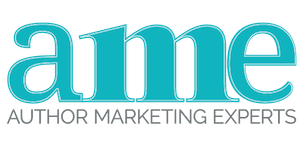
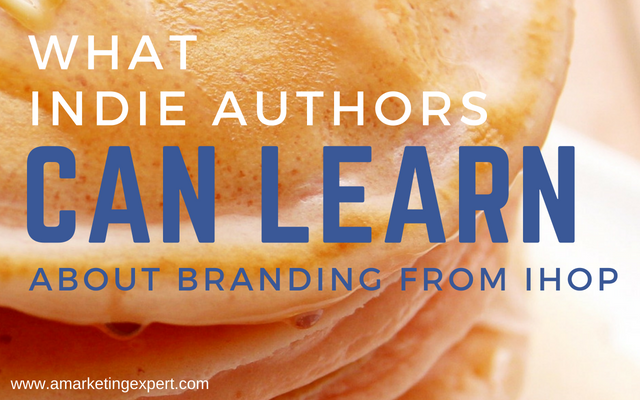
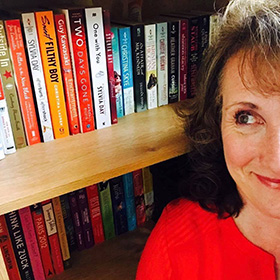
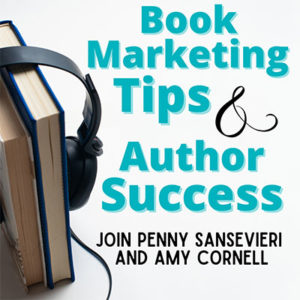
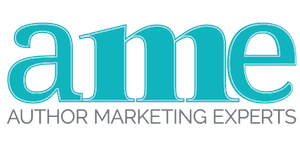
This is a great idea. I just found this site and bought two of Penny’s books. So it works! Thanks for the generous information here.
Mary, thank you so much for stopping by and for buying my books! I hope you’ll pop in and comment regularly. I really look forward to connecting with you, and of course, don’t hesitate to reach out if you have any questions.